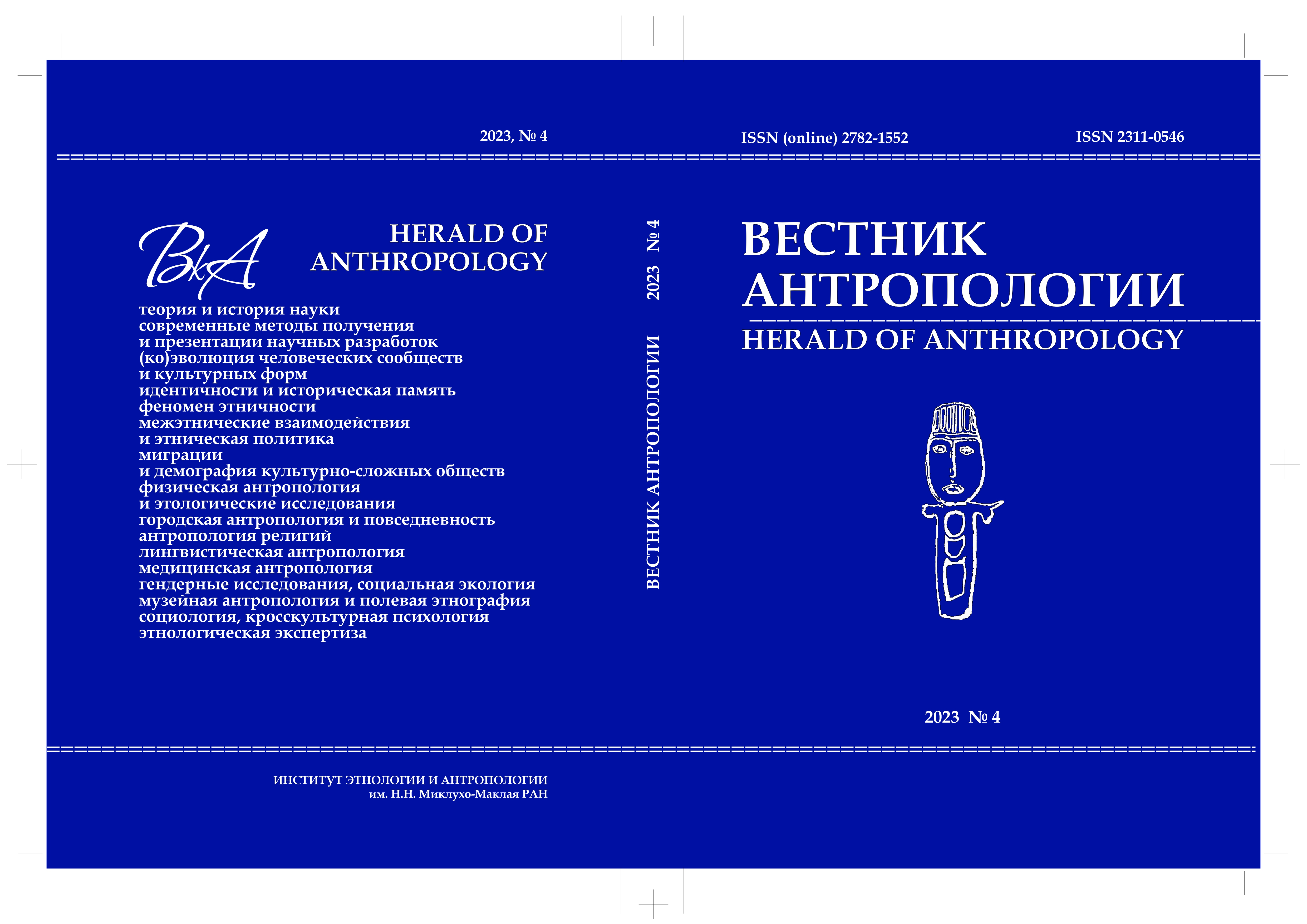Some Psychosocial Phenomena that Arose During the COVID-19 Pandemic
DOI: 10.33876/2311-0546/2023-4/217-235
Keywords:
psychosocial characteristics, COVID-19 pandemic, prevention, hygiene, public healthAbstract
An outbreak of a new infection, COVID-19, caused by the SARS-CoV-2 coronavirus, began at the end of December 2019 in the city of Wuhan, Hubei Province, China, where the first cases of atypical pneumonia were recorded among staff and visitors to the Huanan seafood and animal wholesale market. On December 31, 2019, the World Health Organization (WHO) was informed of the emerging epidemic of a new coronavirus infection, and on March 11, 2020, WHO declared the COVID-19 pandemic. On May 5, 2023, WHO Director General Tedros Adhanom Ghebreyesus announced the lifting of the international emergency due to COVID-19. Thus, the COVID-19 pandemic lasted 1150 days. Has it become a new insurmountable challenge for modern healthcare and shall the world be waiting for similar pandemics? To date, all countries of the world have suffered from this disease, and Russia was among the top three countries in terms of the number of people infected with SARS-CoV-2. At the time of writing, COVID-19 had been diagnosed in more than 682 million patients, with more than 6.9 million deaths worldwide. In Russia, more than 22,398,867 cases of COVID-19 were identified, and the mortality rate was 1.8%. The outbreak of coronavirus infection has led to a sharp increase in the number of hospitalized patients, which in turn has led to a shortage of hospital beds, specialized medical equipment and an increased burden on medical personnel. For the population, the objective situation during epidemics and pandemics is traditionally associated with many important psychosocial stress factors: threats to their health and loved ones; serious problems at work; separation from family and friends; problems with food and medications; social isolation or social distancing; closing of schools and universities. Psychological manifestations of the action of these factors include emotional experiences, fear, depression, alarmism associated with the threat of infection or actual infection. Prolonged isolation or long-term quarantine, inadequate information, lack of personal contact with the usual social circle, lack of personal space at home enhance the formation of lasting negative psychological consequences. In a pandemic, the psychological footprint is in many ways larger than the medical footprint—the psychological consequences of a pandemic are more pronounced, more widespread, and longer lasting than the physical consequences of infection.





















